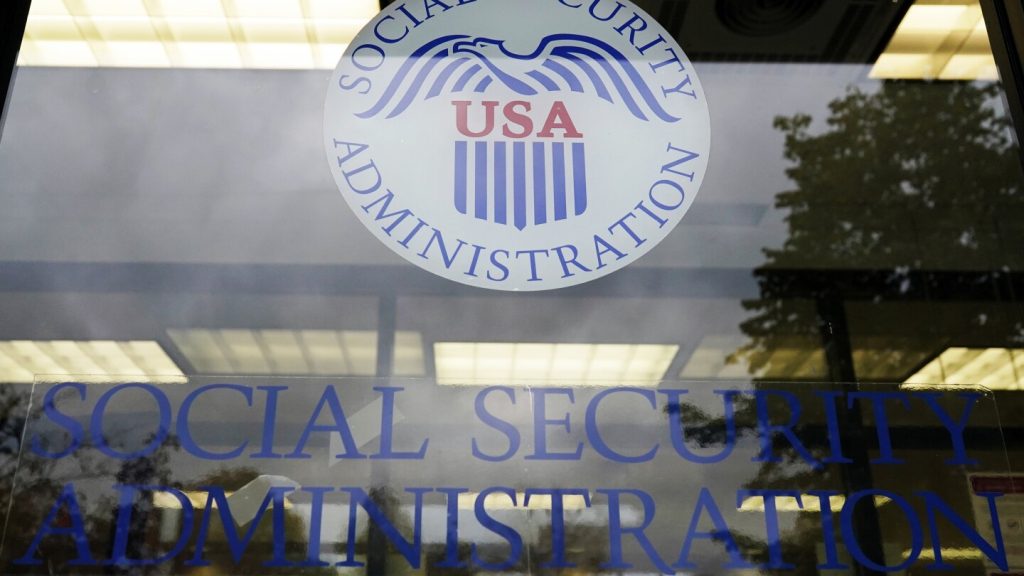A roundup of some of the most popular but completely untrue stories and visuals of the week has been debunked by the Associated Press. One such claim suggested a soaring number of unauthorized migrants were registering to vote in key swing states, based on misrepresented data from the Social Security Administration’s Help America Vote Verification system. Election officials in Arizona, Texas, and Pennsylvania clarified that the numbers being shared online were incorrect and that noncitizen voting is exceedingly rare due to state processes in place to prevent it.
Another false claim circulated on social media alleged that Israel blamed Hamas for an airstrike that killed aid workers from World Central Kitchen in the Gaza Strip. While an account impersonating the Israeli intelligence agency Mossad spread misinformation about a roadside bomb planted by Hamas, Israeli officials stated that the deaths occurred as a result of an unintended IDF strike. The incident led to the suspension of vital food aid delivery to Gaza by World Central Kitchen, but no evidence supported the claim of a Hamas roadside bomb.
Social media users also distorted the White House Easter egg art contest, falsely claiming that President Biden banned religious symbols from the event. In reality, the American Egg Board’s long-standing guidelines for the contest have consistently included restrictions on religious symbols, and this was not a new decision made by Biden. The contest, open to children from National Guard families, aimed to showcase their lives through egg designs as part of the annual Easter traditions at the White House.
Additionally, misinformation circulated about Biden declaring Easter Sunday as a holiday celebrating transgender people. Transgender Day of Visibility has been observed on March 31 since 2009, and Biden’s proclamation around this date each year is a coincidence with Easter Sunday in 2024. Despite claims that Biden intentionally chose this day to offend Christians, White House press secretary Karine Jean-Pierre clarified that the date of the proclamation aligning with Easter was coincidental and did not diminish the importance of either observance.
Overall, these debunked stories highlight the importance of fact-checking and critical thinking when consuming information, especially on social media where false claims can spread rapidly. By verifying information from credible sources like the Associated Press, individuals can avoid falling for misinformation and better understand the truth behind popular but untrue narratives. Fact-checking plays a crucial role in combatting the spread of false information and promoting accuracy in public discourse.


